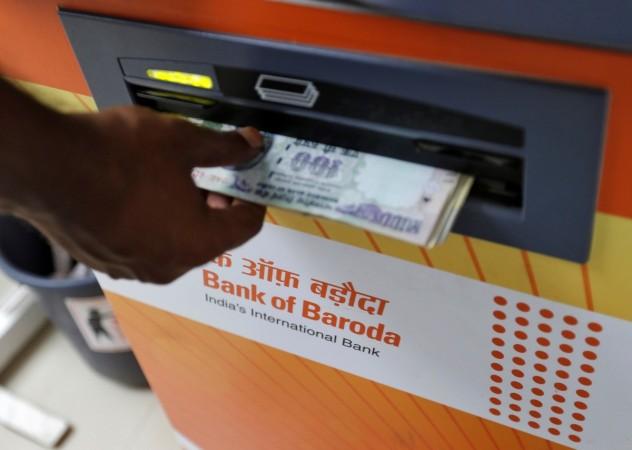After much debate and criticism, the final verdict is in and banks are going to charge you for dealing with your money - yes, the money you earned. From November 1, customers in some banks will have to start paying fees for depositing and withdrawing money.
This change will affect millions of Indians and it looks like even senior citizens are not spared. It looks like banks are comfortable having just a dedicated counter for senior citizens, but when it comes to handling their money, things get real. This also means senior citizens who get pension and wish to withdraw it at their whim will have to pay a charge to the bank. And even if they are depositing cash, there's no respite.
Charges you must know about

So far, the Bank of Baroda is going to lead the way and its customers will be charged for transactions beyond prescribed limits. Some of the nationalized banks, including Bank of India, PNB, Axis Bank, and Central Bank are likely to fall in line with this new change, but the final decision is yet to be made.
Here's how the prescribed charges are going to place a small dent on your savings.
In the case of current accounts, day deposit up to Rs 1 lakh is free. In case of more than Rs 1 lakh, there's a Re 1 charge on minimum Rs 1,000. As for withdrawing case, no charge for the first three times. However, 4th time and onwards will charge Rs 150 per withdrawal.
But the savings account customers are more and here's how the change will affect them. Deposit and withdrawal up to three times remain free. In case of going beyond the deposit limit, there will be a Rs 40 charge and in case of withdrawal, the charge will be Rs 100 per transaction.

















